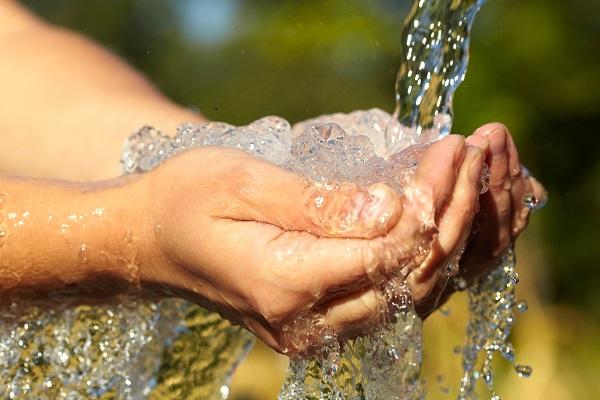
Environmental Health
Environmental health is a branch dealing with all aspects of natural and built environment that affect the health of human beings.It investigates the effects of exposure to environmental hazards such as chemical pollutants, technological, natural or terrorist disasters. Scientists use these results to develop, evaluate and implement strategies to prevent or reduce the harmful exposures.It is the reason why environmental health and protection are related. Environmental protection is about protecting the natural environment for human health and best ecosystem.
Importance of environmental health
Maintaining a healthy environment is essential to increasing life expectancy and quality. Preventable environmental factors are the cause of 26% of all deaths among children of under 5 years and 23% of all deaths in the globe. It also helps in eliminating these environmental factors that are known to cause diverse and far reaching effects.
- Exposure to hazardous substances in food, water, air and soil
- Climate change
- Natural and technology disasters
- Occupational hazards
If the environment is poor, it will have a significant impact on the people whose health is already at risk. Environmental health should address the ecological and societal factors that increase the likelihood of exposure and infection.
Role of Nursing in Environmental Health
Boards of health in various areas may or may not have nurses in their term, but these health care professionals are a significant part of this field when they serve at any level of public health or other institutions. Nursing training is a vital foundation for preparing someone to become a nurse researcher, educator or communicator in environmental health.
Wondering where to buy Nursing Research Paper online? Try nursingwritingservices.com today.
In environmental health, the nursing role is essential in these ways:
Detection of unusual disease
Patients who visit a primary care office or an emergency department in a hospital will first encounter a nurse. The nurses are the medical personnel who directly speak with patients to get vital and accurate health information about the existing symptoms. In this sense, a nurse is a prime position to identify that there is an unusual disease pattern.
If the disease is as a result of exposure to environmental hazards, nurses will be valuable in redesigning the examination process and accompanying questions to increase chances of detecting if toxic exposure is the cause.Nurses also help to improve the quality of surveillance systems by providing uniform and comprehensive reports on the symptoms they discover on their patients at the local and state health departments.
Creating awareness and providing environmental health education
Nurses encounter many people that doctors at work, school, and homes. All these areas are potential sites for an environmental hazard exposure. Nurses will achieve more success in educating the people about outbreaks of diseases caused by environmental exposure as their connection with the community is personal than that by other medical professionals.
Community nurses have a better perception of the community needs about environmental health education and implementation of programs. They can participate in the development of regulations and policies to govern this branch of health.
Additionally, nurses are usually good communicators who can translate and communicate medical and technical jargon to a language of the layman. It is a critical strategy to educate the public about existing environmental health issues when working to implement procedures for improving conditions that affect their health.
Caring and managing outbreaks
Nurses have much responsibility in cleaning health care facilities and ensuring that they are safe for patients, visitors and other workers. They also manage the care of patients with infections from exposure to hazardous materials in the environment including caring for those who are in isolation wards.They determine the way to dispose of dirty linens, cleaning fluids, biological materials and disinfect the surrounding surfaces to ensure that there is no further spread of the infection.
Due to their role in providing primary health care, nurses are at the center of environmental health education and managing any diseases causes by exposure to toxins.

